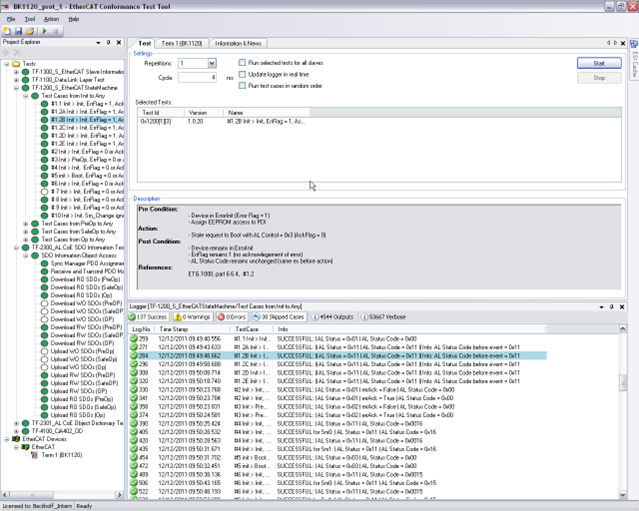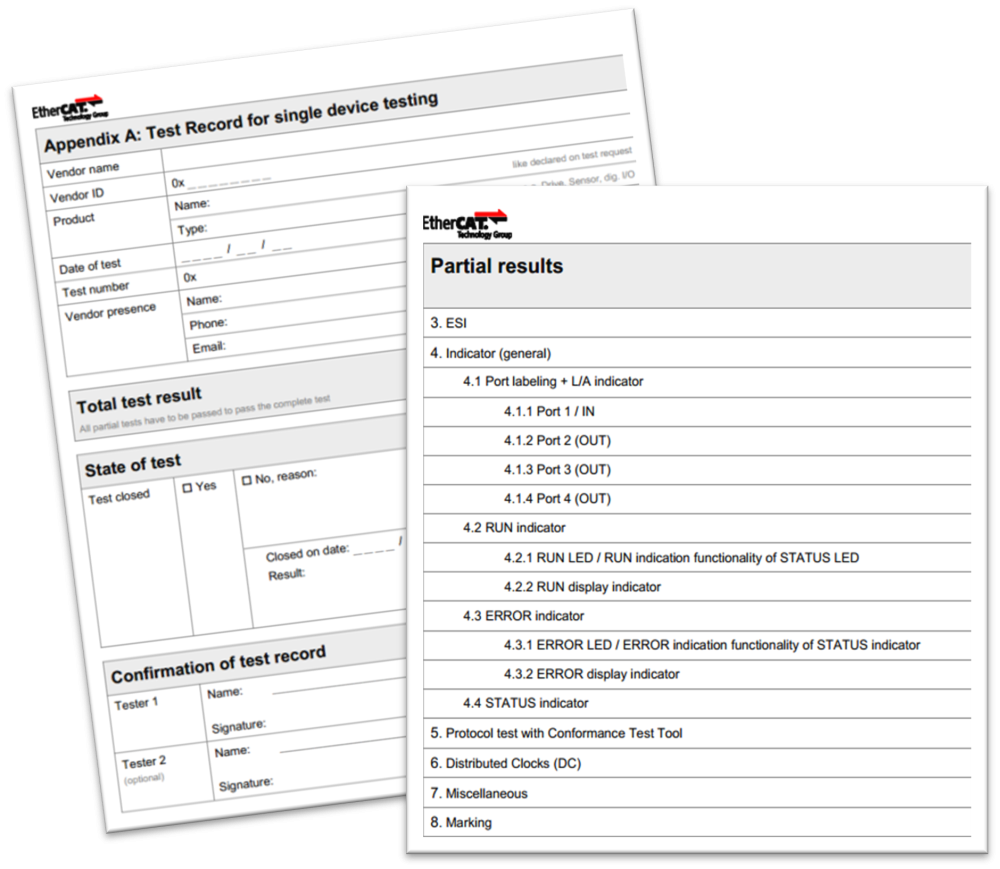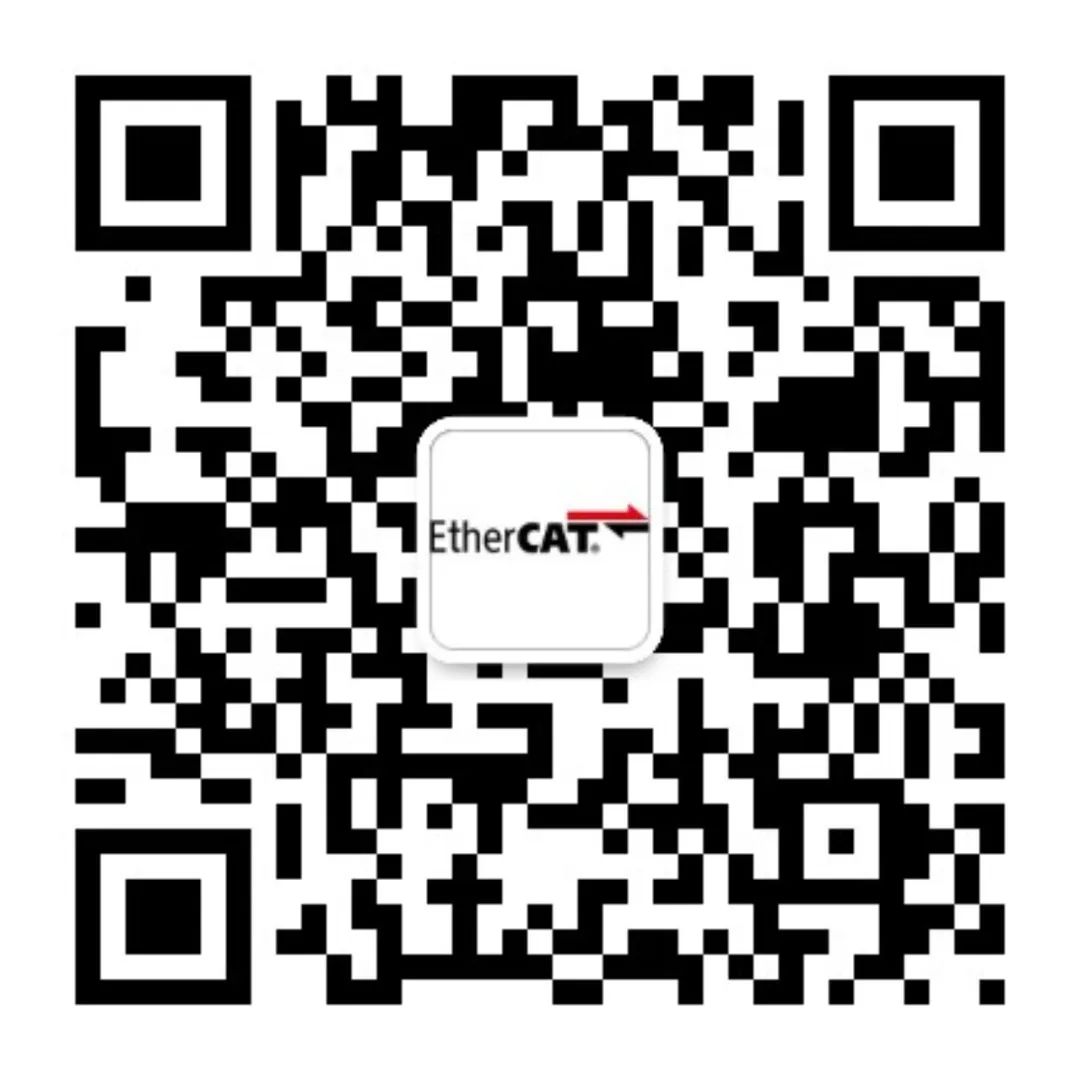Compliance with protocol standards is the foundation for seamless interaction among devices from different manufacturers within the same network, commonly referred to as interoperability. Interoperability is crucial for the success of communication technologies. Therefore, the EtherCAT Technology Group places great importance on the conformance of EtherCAT devices: all ETG member companies commit to using the EtherCAT Conformance Test Tool (CTT) for device conformance testing before their products are launched.
As a result, every EtherCAT slave device manufacturer is very familiar with the CTT: it represents the official reference for implementing EtherCAT technology according to specifications in EtherCAT field devices. The first version of the CTT was released in 2008, and all updates to date have proven to be functional extensions rather than changes. Version 2.3 inherits all the features and tests of the first version, thereby also indicating the stability of the EtherCAT technology itself, as EtherCAT technology has always been expanding and never changed. This complete backward compatibility has proven to provide significant advantages for all suppliers and users of EtherCAT solutions.


The expansion of the CTT is still based on actual needs and feedback from device manufacturers, just like before, in terms of tool functionality and test coverage. Over the years, this tool has evolved from a pure testing tool that checks conformance after development completion into a very useful “development assistance” software that can be used to configure EtherCAT devices, set them to the desired state, and particularly motivate them to work in a certain way. This continues to exist in many new features. For example, an additional user interface has been added for controlling and testing specific EtherCAT protocol properties and the underlying ISO/OSI model. Since few other tools support this, it is convenient and unique; the CTT now allows read and write access to PHY registers. This feature is very valuable, especially during the initial hardware prototype startup.
All CTT functions accessible through script-based control allow for automated testing documentation to be integrated into the overall device acceptance testing. In addition to supporting many functions of the EtherCAT implementation itself, the core of the CTT—test coverage—has also been expanded. Many semiconductor device industry standards have been added to the standard test documentation. The scope of servo drive industry standards compliant with IEC 61800-7-2 (equivalent to CiA DS402) has also been significantly expanded.
The testing logic and the tests themselves are defined and published by the “Conformance Technical Working Group” within the EtherCAT Technology Group. On the other hand, the CTT software itself executes the logic defined in the tests and evaluates the operation of EtherCAT devices based on this logic. The software is developed and maintained by Beckhoff, ensuring the continuous development of the tool. CTT version 2.3 includes new features with a built-in configurator and supports all current Windows operating systems (including the new 64-bit operating systems). From now on, all ETG member companies can use version 2.3 of the Conformance Test Tool; please visit the ETG official website to download.
